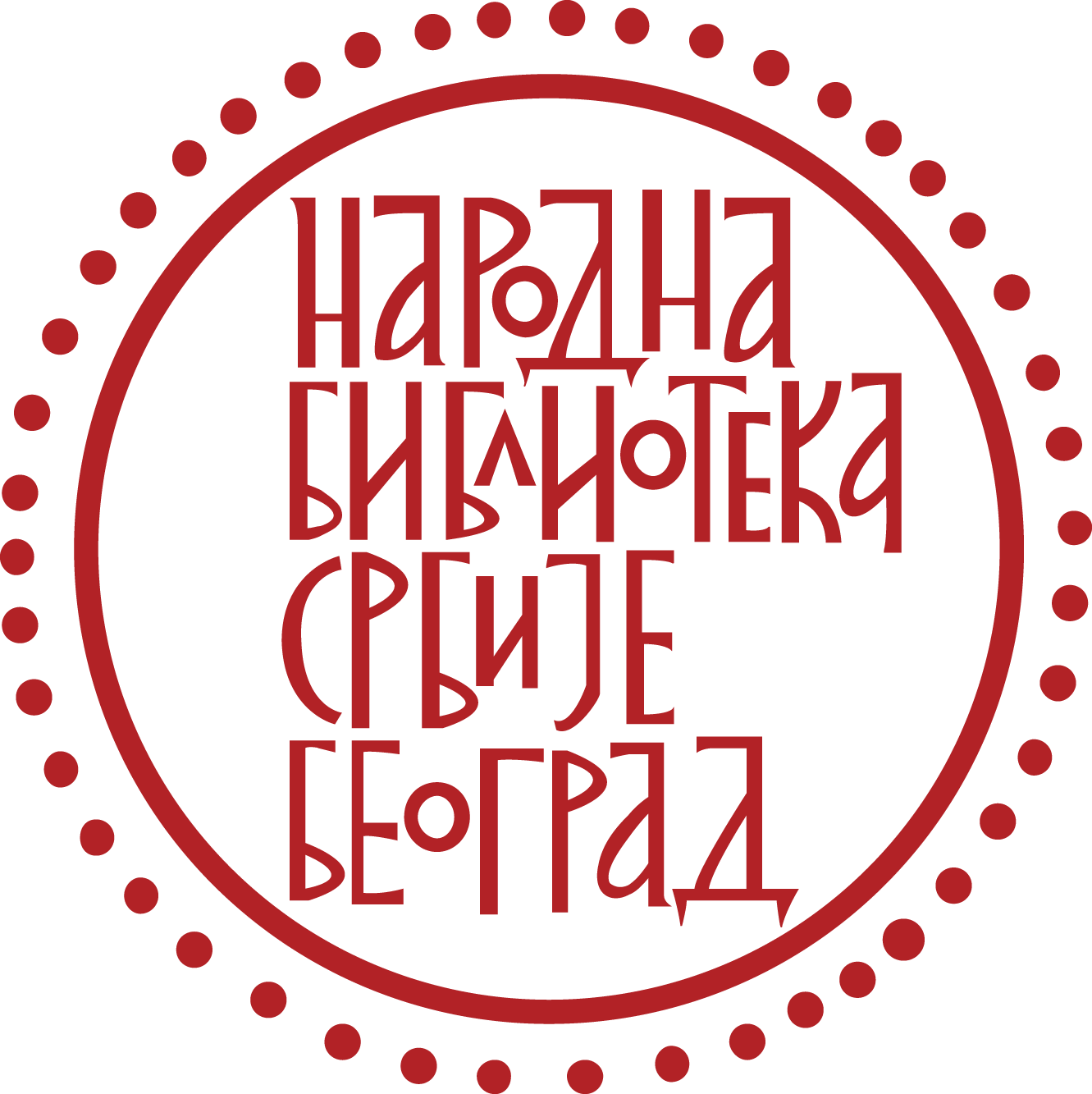Postmodern Body as a Source of Suffering in the Works of the Youngest Croatian Female Playwrights
DOI:
https://doi.org/10.18485/knjiz.2016.1.4Keywords:
body, contemporary drama in Croatia, disease, female identity, violenceAbstract
Embodiment and body metaphors occupy a central place in contemporary female Croatian drama. The youngest authors (born in the early 1980s) such as Lana Šarić (Meat), Diana Meheik (Rose of Jericho), Marija Škrlec (The Last Interview with a Vampire) and Dijana Protić (Transitional After Party), (re)constructed female traumatic experiences in which a special role was played by a sick, disobedient, and suffering body. The female authors attempt to verbalize and highlight physical taboos that are absent or unspoken in public discourse (literature, media, politics). The analysed plays display images of radical and violent disposition of one’s own or other’s body, descriptions of female body which does not fit in the ideal picture – sick, blocked, weak, raped, hurt, tortured, completely different from those dominating the media. As an object of social coercion, legislative measures, sexual and economic exchange, the body condemns a woman to be reduced to a bulk hanging level and devoid of personality. The youngest authors describe the female body as a site of social, political, cultural and geographical inscription, production or constitution. Croatian female playwrights devoted their dramas to the problems of the identity crisis, dehumanization, the cult of beauty and youth, (s)exploitation and other topics that escape the display due to their discord with the dominant ideological matrix.











